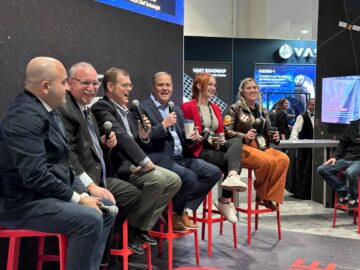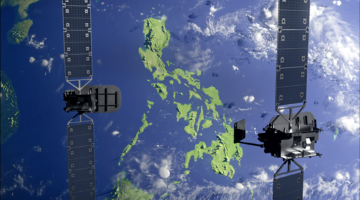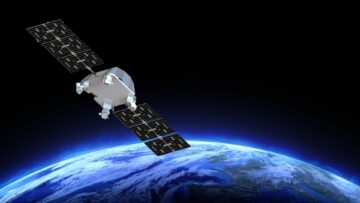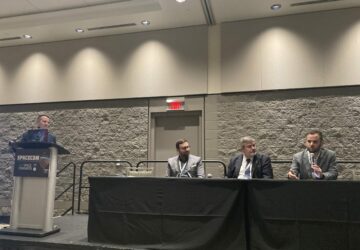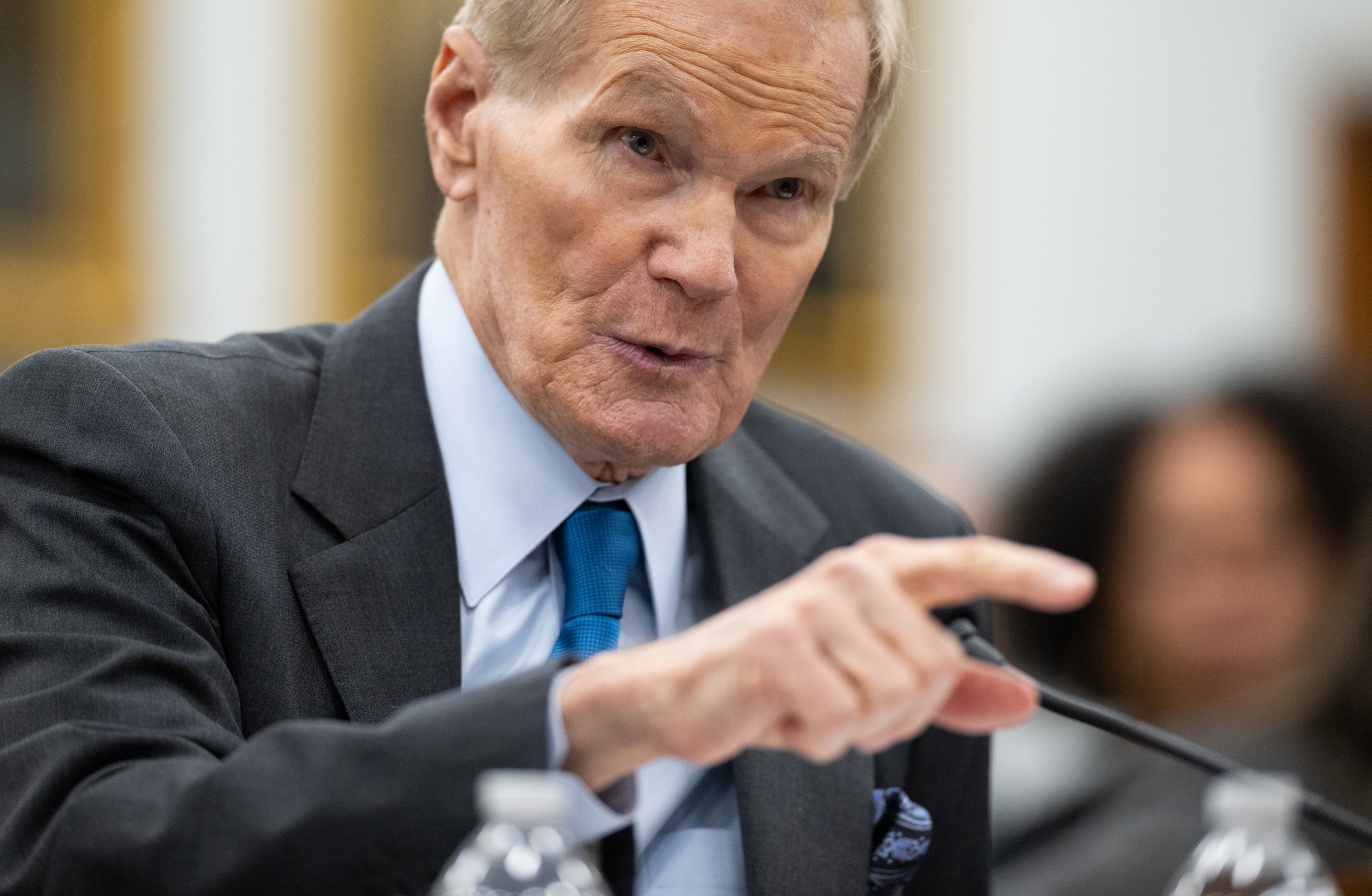
The NASA Advisory Council (NAC), the agency’s premier independent advisory committee, will meet on May 8 at NASA Headquarters. The one-and-a-half-day agenda includes topics ranging from discussing climate change research and commercial partnerships to an update on NASA’s budget. None of those topics stand out.
What does stand out is that this is the first meeting of the NAC in nearly 16 months: it last convened in mid-January of 2023. That long gap, not publicly explained by NASA, has become a source of frustration for some of the committees that support the council.
That frustration was on full display during a March 25 meeting of the NAC’s science committee, which heard from NASA’s associate administrator of science, Nicky Fox, as well as from the chairs of advisory committees that provide advice on specific science topics, like astrophysics and planetary science.
Members of the committee discovered that none of their findings and recommendations from two meetings it held in 2023 had been formally communicated to NASA for an official response because they must first be approved by the full NAC, which has not met since Jan. 2023. That meant the committee’s concerns on topics such as the budget and the health of the Deep Space Network had been collecting dust for months.
That prompted a discussion by the committee to ask the NAC to meet more frequently. “I find it ironic that we want to pass a finding to the NAC that the NAC meet to hear our findings,” quipped one committee member, Sara Tucker.
Committee members had no insights on why the full NAC hadn’t met in more than a year other than, perhaps, schedule conflicts. But at one point in the meeting they pulled up a chart displaying the schedule of meetings of the NAC, its science committee and related advisory committees over the last five years. Most of those committees met regularly, two to three times a year. But since the end of 2019, there have been only three meetings of the full NAC. Those happened between March 2022 and January 2023.
That left science committee members feeling like they were spinning their wheels. “NASA is not demonstrating seriousness about the value of the advisory committee process,” Ellen Williams, outgoing chair of the science committee, said at the end of the meeting in a briefing of the meeting’s outcome to Fox. “That’s a very poor reflection on how NASA and the NAC perceive the importance of this process.”
Leadership Vacuum
If nothing else, the committee’s wheels are moving. The NAC’s human exploration and operations committee met in April, but the sessions devoted to NASA’s Space Operations Mission Directorate were missing its senior leadership, who were involved in a Starliner flight readiness review that day. The committee instead sped through presentations provided by others and wrapped up early.
That surprised Wayne Hale, who recently concluded a term as chair of that committee. “I would never agree to a meeting if the [associate administrator] was not present,” he remarked on social media. “The committee exists primarily to advise him.”
At least that committee met. The NAC’s education committee, formally called STEM Engagement, was scheduled to meet May 2, but when members of the public tuned in online they were unable to connect. It turned out the meeting had been canceled a couple weeks earlier without a public notice.
These would all be minor annoyances if everything at NASA was humming along smoothly. That, of course, is rarely the case, and certainly not the situation now. Budgets for this fiscal year and next are capped, forcing NASA to make hard decisions about continuing current missions and developing new ones. Beyond those budgetary pressures, NASA is facing technical challenges with Mars Sample Return and elements of its Artemis lunar exploration campaign.
NASA would benefit from the experience and expertise of independent advisers who can provide a fresh look at problems and suggest potential solutions. The agency just needs to get them to meet, and then listen to what they have to say.
This article first appeared in the May 2024 issue of SpaceNews Magazine.
- SEO Powered Content & PR Distribution. Get Amplified Today.
- PlatoData.Network Vertical Generative Ai. Empower Yourself. Access Here.
- PlatoAiStream. Web3 Intelligence. Knowledge Amplified. Access Here.
- PlatoESG. Carbon, CleanTech, Energy, Environment, Solar, Waste Management. Access Here.
- PlatoHealth. Biotech and Clinical Trials Intelligence. Access Here.
- Source: https://spacenews.com/consent-to-advise/
- :has
- :is
- :not
- $UP
- 16
- 2%
- 2019
- 2022
- 2023
- 2024
- 25
- 8
- a
- About
- advice
- advise
- advisory
- agency
- agenda
- agree
- All
- along
- an
- and
- appeared
- approved
- April
- ARE
- Artemis
- article
- AS
- ask
- Associate
- astrophysics
- At
- BE
- because
- become
- been
- benefit
- between
- Beyond
- Briefing
- budget
- Budgets
- but
- by
- called
- Campaign
- CAN
- canceled
- capped
- case
- certainly
- Chair
- challenges
- change
- Chart
- Climate
- Climate change
- Collecting
- commercial
- committee
- committees
- communicated
- Concerns
- concluded
- conflicts
- Connect
- consent
- continuing
- convened
- Council
- Couple
- course
- Current
- day
- decisions
- deep
- demonstrating
- developing
- devoted
- discovered
- discussing
- discussion
- Display
- displaying
- does
- during
- Dust
- Earlier
- Early
- Education
- elements
- else
- end
- engagement
- everything
- exists
- experience
- expertise
- explained
- exploration
- facing
- feeling
- Find
- finding
- findings
- First
- Fiscal
- five
- flight
- For
- forcing
- Formally
- fox
- frequently
- fresh
- from
- frustration
- full
- gap
- get
- had
- Hale
- happened
- Hard
- Have
- he
- Headquarters
- Health
- hear
- heard
- Held
- him
- How
- HTTPS
- human
- if
- importance
- in
- includes
- independent
- insights
- instead
- involved
- ironic
- issue
- IT
- ITS
- Jan
- January
- jpg
- just
- Last
- Leadership
- least
- left
- like
- listen
- Long
- Look
- Lunar
- magazine
- make
- March
- mars
- May 2024
- May..
- meant
- Media
- Meet
- meeting
- meetings
- member
- Members
- met
- minor
- missing
- Mission
- missions
- months
- more
- most
- moving
- must
- Nasa
- nearly
- needs
- network
- never
- New
- next
- no
- None
- nothing
- Notice..
- now
- of
- official
- on
- ONE
- ones
- online
- only
- Operations
- Other
- Others
- our
- out
- Outcome
- over
- partnerships
- pass
- perhaps
- Planetary science
- plato
- Plato Data Intelligence
- PlatoData
- Point
- poor
- potential
- premier
- present
- Presentations
- pressures
- primarily
- problems
- process
- provide
- provided
- public
- publicly
- ranging
- rarely
- Readiness
- recently
- recommendations
- reflection
- regularly
- related
- remarked
- research
- response
- return
- review
- Said
- sample
- say
- schedule
- scheduled
- Science
- senior
- senior leadership
- sessions
- since
- situation
- smoothly
- Social
- social media
- Solutions
- some
- Source
- Space
- SpaceNews
- specific
- stand
- Stem
- such
- suggest
- support
- surprised
- Technical
- term
- than
- that
- The
- their
- Them
- then
- There.
- they
- this
- those
- three
- Through
- times
- to
- Topics
- tuned
- Turned
- two
- unable
- Update
- value
- very
- want
- was
- we
- Weeks
- WELL
- were
- What
- when
- which
- WHO
- why
- will
- Williams
- with
- without
- would
- Wrapped
- year
- years
- zephyrnet

